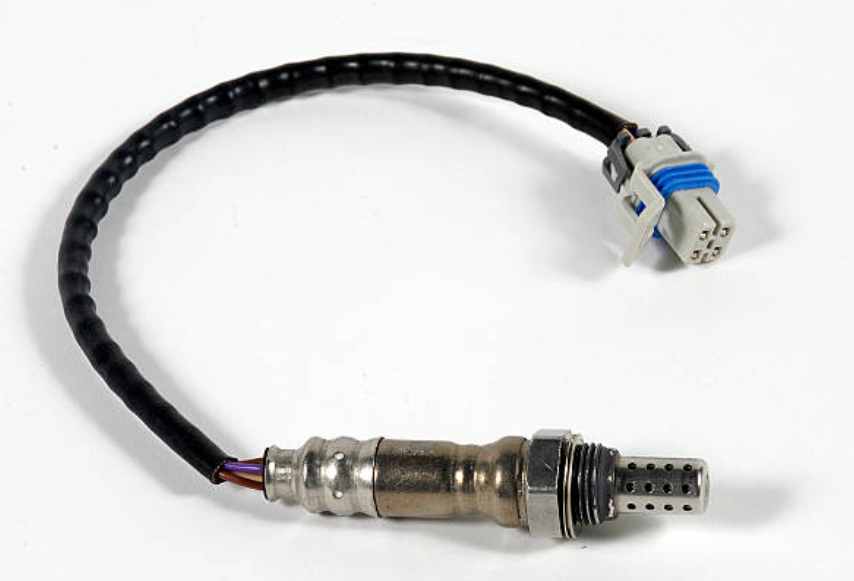Symptoms of a Faulty Throttle Position Sensor
The throttle position sensor (TPS) stands as a vital element in your vehicle's engine management system, playing a pivotal role in regulating the air-fuel mixture that propels your vehicle. This ensures peak performance and fuel efficiency. Nevertheless, akin to any mechanical component, it is susceptible to wear or malfunction. This article will explore the diverse symptoms that might signify a malfunctioning throttle position sensor, providing you with the knowledge to identify and address issues promptly.

What is a Throttle Position Sensor?
The Throttle Position Sensor (TPS) is a vital element in a vehicle's engine management system. Positioned on the throttle body, it tracks the throttle valve's position, furnishing essential data to the engine control unit (ECU). This information optimizes the air-fuel mixture, enhancing engine efficiency. The TPS is instrumental in real-time adjustments during acceleration and deceleration, making a significant contribution to overall engine health and efficiency.

Sudden or Erratic Changes in Engine Speed
A prevalent indicator of a defective Throttle Position Sensor (TPS) is unexpected fluctuations in engine speed. These fluctuations might result in abrupt acceleration or deceleration without any driver input. If your vehicle exhibits erratic speed behavior, operating seemingly independently, it is advisable to investigate the condition of your throttle position sensor.
Difficulty Shifting Gears
The TPS communicates with your vehicle's transmission system to ensure smooth shifting of gears. When it malfunctions, you may experience hard shifts or find your vehicle stuck in one gear. This is more noticeable in automatic vehicles but can also affect manual ones.
Poor Fuel Efficiency
If you notice a significant decrease in your vehicle's fuel efficiency, a faulty TPS could be to blame. The sensor helps regulate the amount of fuel your engine needs based on the throttle's position. If it's not functioning correctly, your engine may be receiving either too much or too little fuel, leading to wastage.
Check Engine Light Comes On
Your car's computer monitors the TPS. If it detects any irregularities, it will trigger the "Check Engine" light on your dashboard. While this light can indicate various issues, a sudden illumination alongside other symptoms mentioned here might point towards a faulty TPS.
Unstable Idling or Stalling
A faulty TPS can disrupt the air-fuel mixture at idle, causing the engine to idle rough or stall unexpectedly. If your vehicle has trouble maintaining a steady idle or stalls when coming to a stop, the TPS might be the culprit.
Poor Acceleration or Response
A delay in acceleration or a lack of prompt response when pressing the gas pedal could signal a malfunctioning Throttle Position Sensor (TPS). The TPS is crucial in communicating the throttle's position to the engine control unit (ECU), and any dysfunction in this communication may result in compromised performance.

Recognizing the symptoms below in your vehicle may indicate a faulty Throttle Position Sensor (TPS). Given the potential for various issues stemming from a malfunctioning TPS, prompt identification and replacement are crucial. If you suspect TPS-related problems, seeking the expertise of a qualified mechanic for diagnosis and necessary repairs is advisable.
-
How is a faulty TPS diagnosed?
Diagnosis typically involves using OBD-II scanners and multimeters to assess the TPS's functionality. Professional mechanics can perform these tests for accurate results.
-
Can I replace a faulty TPS myself?
While some vehicle owners may have the skills to replace a TPS, it's recommended to seek professional assistance to ensure accurate installation and avoid further complications.
Read another review here: The 10 Best Glues For Motorcycle Grips








.png)






